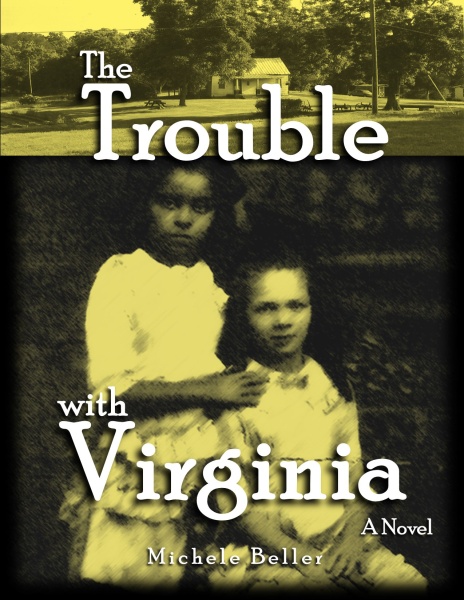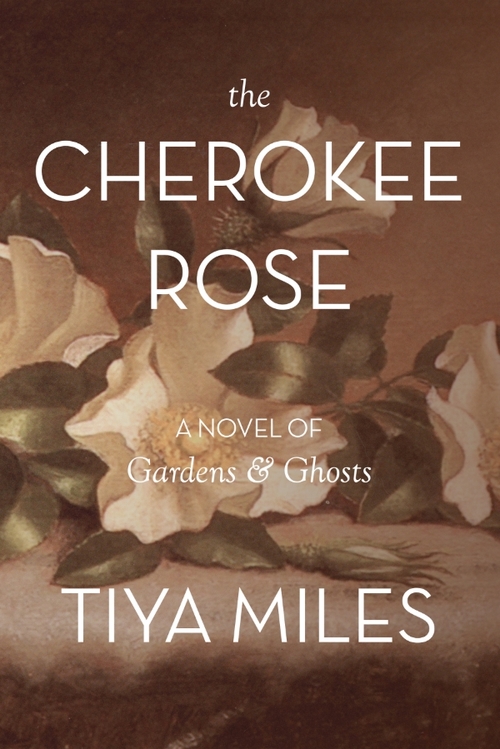The Forgotten Supervillain of Antebellum Tennessee
Narratively: Human Stories, Boldy Told.
2015-04-28
Betsy Phillips

(Photo Source: commons.wikimedia.org/wiki/File:Isaac-franklin-by-wb-cooper.jpg)
In a brutal business defined by cruelty, Isaac Franklin was perhaps the worst slave trader in all of cotton country—and the richest man in the south. Yet today his heinous crimes are long forgotten.
The people of Nashville hear slave trader Isaac Franklin’s great annual parade of misery long before they see it. The rhythmic thud of 400 trudging feet carries quite a way. Then comes the sound of men singing, “Cut him down, cut him down, catch him if you can.”
There’s a river and a field and a few scattered houses between Nashville and Franklin’s coffle coming down Gallatin Pike, but once it crests the hill at what will one day be known as Eastland Avenue, everyone up on the bluff can see it. A great centipede of 200 men chained together at the waist, their hands locked behind their backs, marching toward Nashville. A hundred women and children follow behind in wagons, destined for sale. A man with a fiddle walks alongside the chained men, playing to keep them moving at the same speed.
The time is late August 1833. Nashville is a village of 5,500 people living near the crumbling remains of Fort Nashborough. Log cabins are finally giving way to wood-framed buildings and, for the rich, brick. For the past seven years, it has been the state capitol, but it still has the feel of a frontier village. Most people are related or married into each other’s families. Gossip, drinking and duels provide most of the town’s entertainment.
The only bridge into town is the old stone-pillared toll bridge. In five years, when the Cherokee are forced across this bridge, sick, starving, afraid, Nashvillians will claim they were so moved by the suffering that they tried to help the refugees, but were rebuked by the soldiers escorting them. Yet the people in Franklin’s coffle are also sick and afraid. They’ve been walking clear from Alexandria, D.C., and they’ll keep walking all the way to Natchez, Mississippi.
From historical accounts of such marches, notably George William Featherstonhaugh’s “Excursion Through the Slave States” and Edward Baptist’s “The Half Has Never Been Told: Slavery and the Making of American Capitalism,” the picture comes into focus. The men’s bare feet are blistered and bloody. The haunted-looking women try to keep the spirits of the children up, but every night brings new horror. People are beaten and whipped. Franklin and the three other white men traveling with him take women off into the brush. Not far enough off. Everyone hears the women pleading. Later, they hear the women crying.
Almost everyone in Nashville has known Isaac Franklin since he was born. They all know about the women he keeps trapped on his farm outside of town. And they all know that, when Franklin’s captives get to Natchez, whatever hell they’ve faced on the road — the beatings, the rapes, the forced marches — will seem like the good old days. King Cotton will grind most of these people to a bloody pulp. The ones not destined for the plantation are likely destined for the brothel.
No one rescues them. A couple of local traders come out to talk to Franklin. He doesn’t even bother to get off his horse. He’s not as imposing as you might expect such a man to be. In portraits from the period, his black hair is fine and perpetually messy. He frowns instead of smiles and his eyes are dark with some secret disappointment.
One of the traders gestures to the middle of the coffle. The dark corners of history leave us to imagine their conversation. “I’ll give you $350 for the tall one over there,” he says.
“Gentlemen,” Franklin snorts, “that’s a buying price, not a selling price.” The man will bring eight to nine hundred dollars in Mississippi.
Franklin’s victims pass briefly among the villagers and then disappear down the Natchez Trace…
…Perhaps most chilling, though, is the idle chit-chat about the young women they raped and sold for sex, the “maids” and “fancy girls” — code words for light-skinned slave women. Every “your” in that phrasing — “your girl Minerva,” “your fancy girl Allice,” “your Charlottesville maid” — indicates that Isaac is teasing Ballard about his fondness for “fancy maids.” Not that Franklin saw anything wrong with that. Indeed, his disappointment at not finding the Charlottesville maid in the most recent shipment of slaves seems an admission he was hoping to get his turn.
Later letters between the two men and another nephew, James Franklin, make clear that the Charlottesville maid, a woman named Martha, was eventually raped by all three of them. This practice — not just of raping one’s slaves, but of openly bragging and joking about raping them — was so widespread that in his essay “‘Cuffy,’ ‘Fancy Maids,’ and ‘One-Eyed Men’: Rape Commodification, and the Domestic Slave Trade in the United States,” Edward E. Baptist maintains that “coerced sex was the secret meaning of the commerce in human beings.” In other words, this wasn’t some moral failing of a few rotten men. This was an important privilege of slave ownership.
Franklin and Armfield were making a lot of money specifically from selling women to men so that the men could rape them. White men were especially eager to pay for young, light-skinned women. Ethan Andrews wrote of the practice, “[M]ulattoes are not so much valued for field-hands, they are purchased for domestics, and the females to be sold for prostitutes…no objection seems to be felt to keeping in one’s house female slaves, who have been guilty of crimes for which a white female would forfeit her life.”
As Franklin noted in his letter, he was getting $800 to $900 for the kind of slave usually considered the most expensive — a strong male field hand — and the same for unskilled “fancy maids.” He thought a “fancy maid” who could also sew would bring more than that: $1,000. The letters the traders sent each other are peppered with references to “the fancy white maid” and “the fair maid” and “our white Caroline.” But Isaac’s letter hints at the cost of this abuse to the women. He couldn’t sell Minerva because she had become “a caution,” an old term for a woman who is too difficult to deal with.
What became of Minerva isn’t clear from the letter. A slave suitable for sex work must be somewhat compliant. If Isaac couldn’t break her will, likely she would have been be sold as a field hand. That Minerva hadn’t already been sold as such is surprising, unless Franklin was keeping her for his own pleasure. The traders had their favorite fancies, which they alternately shared with each other and held back for their own use…
Read the entire article here.




